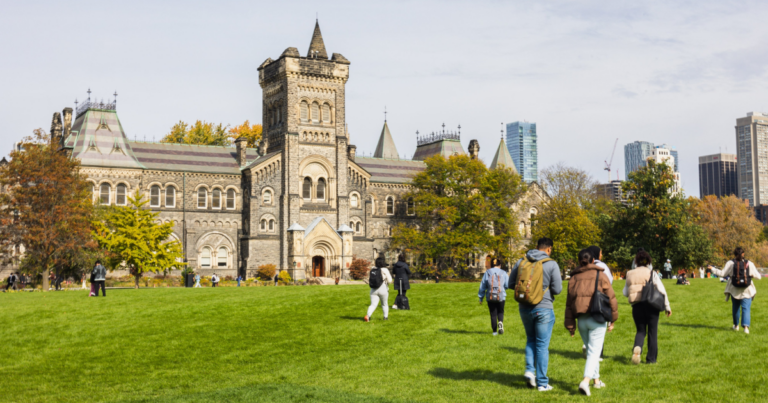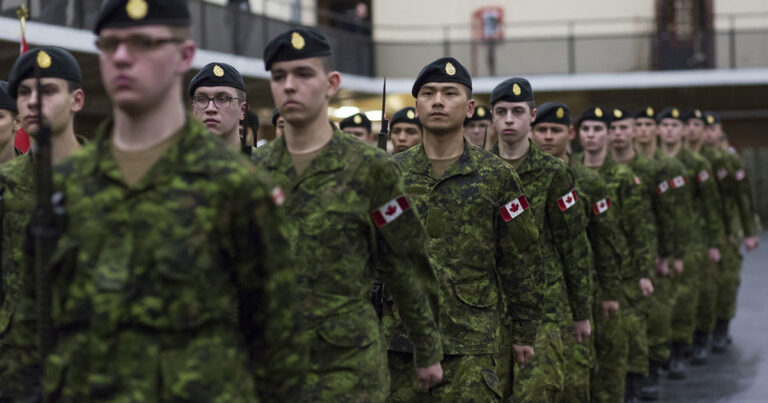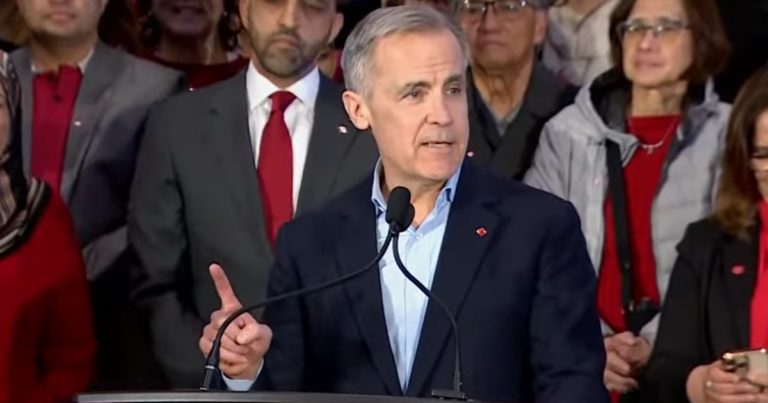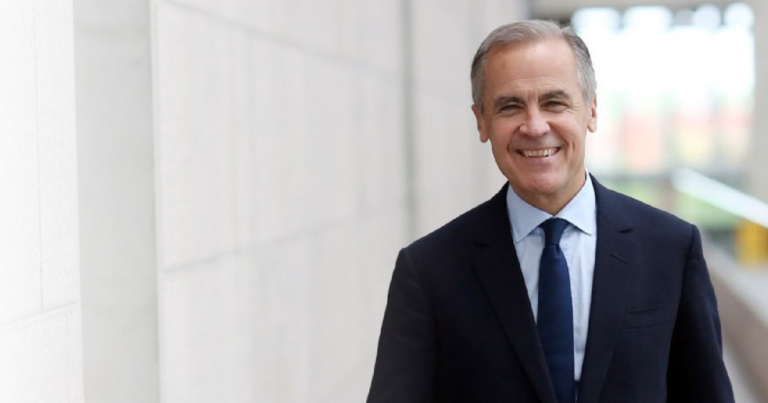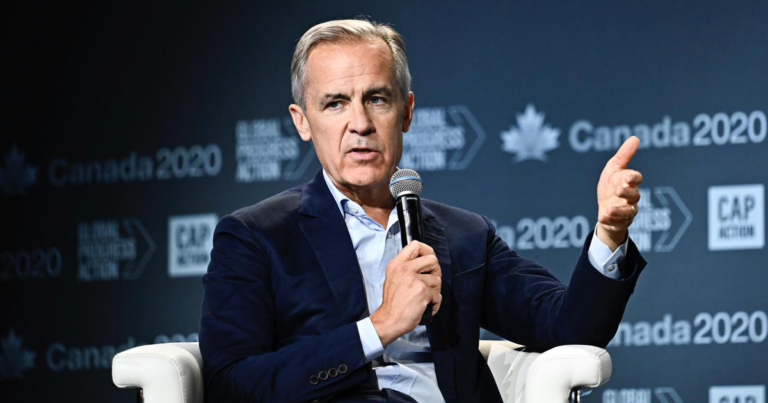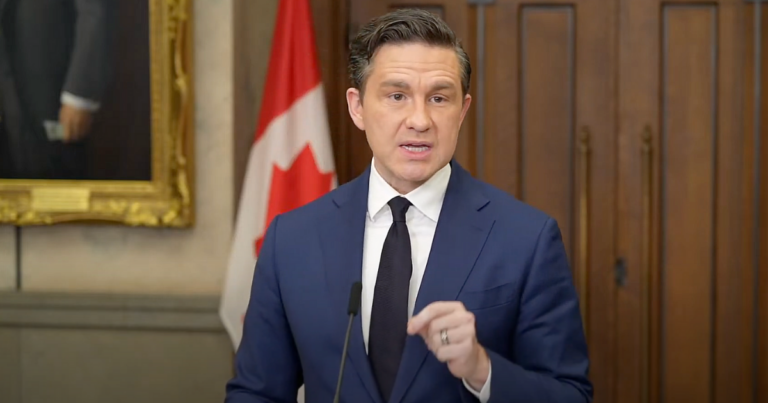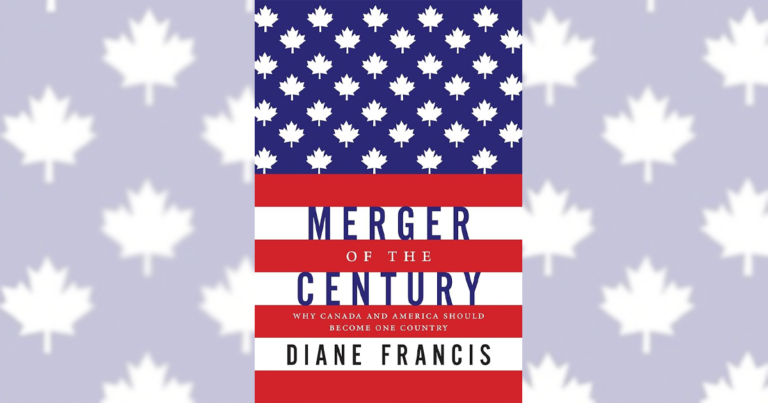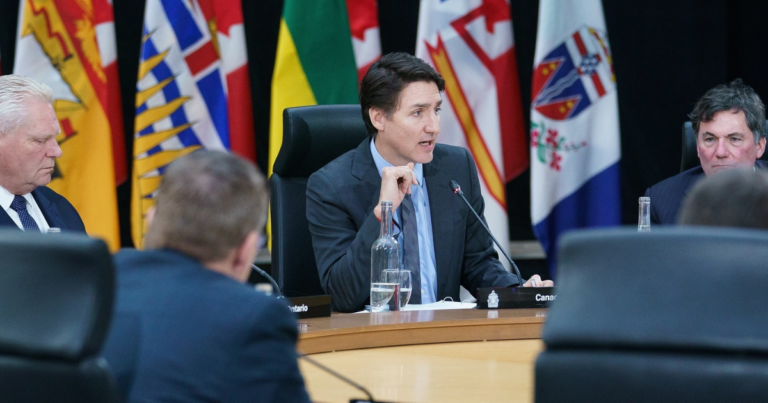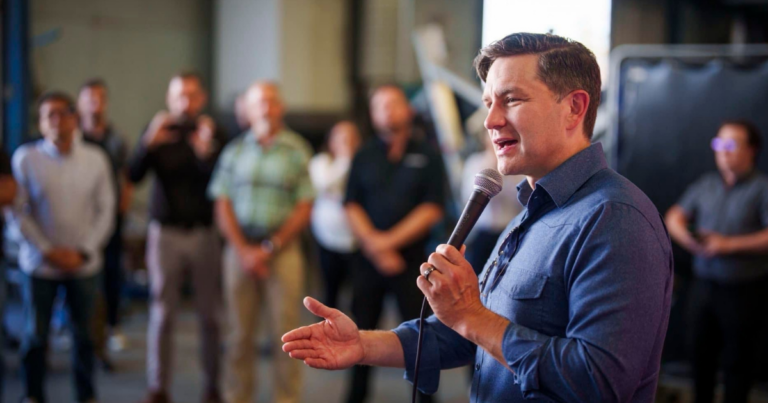The Liberal government is officially taking applications for $3,000 tax-free payments per adult from the 4,782 Palestinian refugees who have been fast-tracked onto a temporary resident pathway.
Already 616 Gazans have arrived in Canada and those on track to become temporary residents can also claim up to $1,500 per child.
Applicants must submit a temporary resident document and have an open Canadian bank account to receive the direct deposit.
Anybody with a passport issued by the Palestinian Authority who has arrived in Canada by Mar. 31 is eligible, including immediate family members or those part of Canada’s assisted departures out of the region conducted between Nov. 1, 2023, and Dec. 31, 2024.
On Thursday, Immigration Minister Marc Miller announced that the applications for the taxpayer-funded assistance were now open.
“Our commitment to supporting Palestinians fleeing the humanitarian crisis in Gaza does not stop once they’ve arrived in Canada. Settlement support and this financial assistance are critical to address the immediate challenges that come with moving to a new country under such circumstances,” said Miller in a press release.
“We’ll continue advocating for the safety of everyone in the region while making sure that those who are in Canada have what they need to be successful in their new communities.”
The Liberal government has pledged $215 million in international assistance towards Gaza and the West Bank since Hamas’ Oct. 7 attack on Israel that left 1,200 Isaelis dead and 250 taken hostage.
Additionally, the Palestinian refugees who qualify for the temporary residence fast-track pathway established by the Liberals will be able to claim three months of taxpayer-funded temporary health coverage and a fee-exempt study or open work permit while living in Canada.
Polls show that Canadians are wary of whether the Liberal government can adequately screen refugees from Gaza and the West Bank due to affiliations with and open support for Hamas in the region.
A total of 64% of Canadians said they are not confident that Ottawa would be able to properly vet the incoming refugees for security risks.

